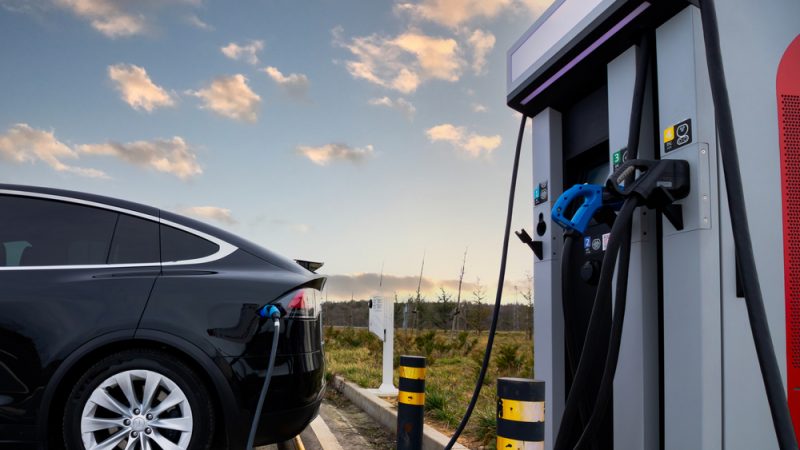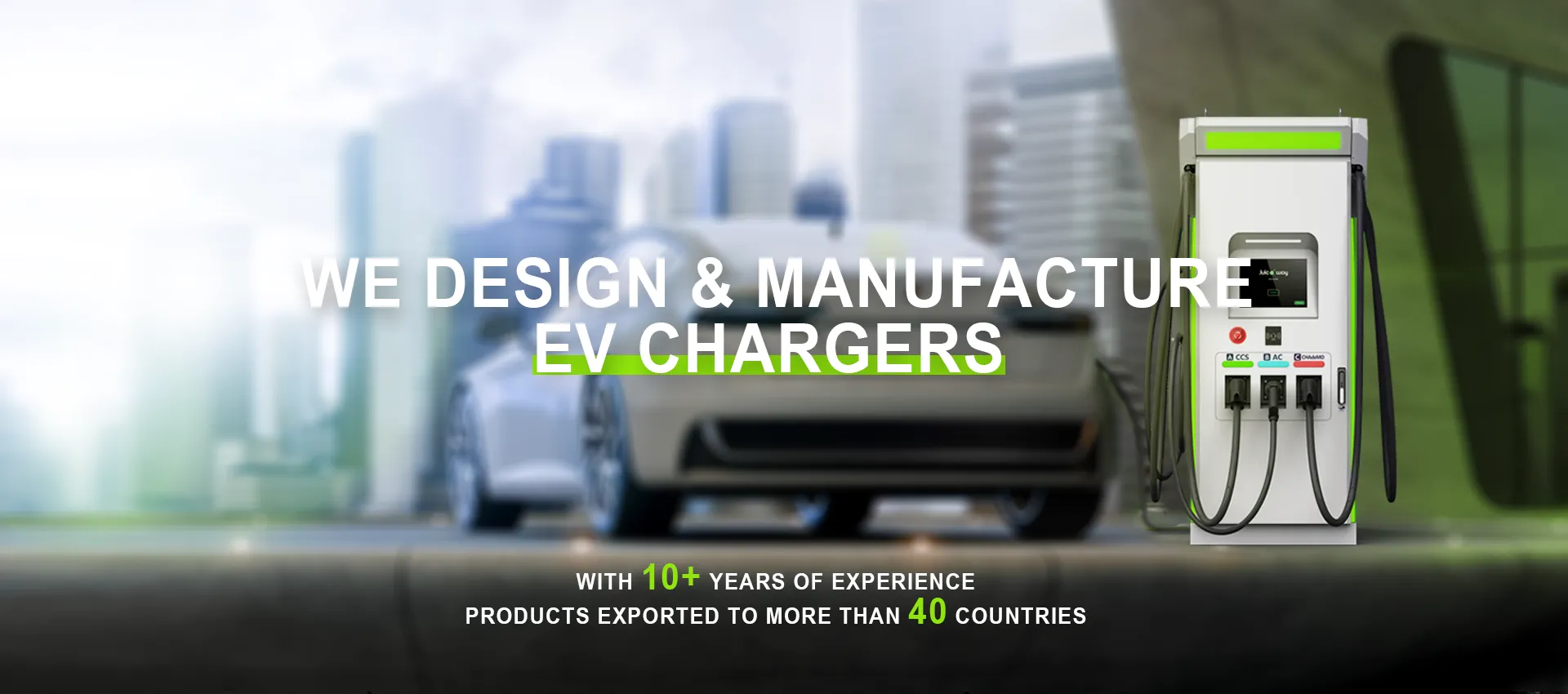HOSTON ENERGY
30, August, 2023
—— EU member states passed a law on Tuesday (July 25)
—— The new regulations require all EU countries to provide at least one charging station every 60 kilometers on major roads from 2025
—— About one additional charging station is added for every 33 electric vehicles sold
EU Marking a Decisive Step in the Promotion of Electric Vehicles
EU member states passed a law on Tuesday (July 25) to expand electric vehicle charging infrastructure in the bloc.
So far, only a few countries have developed charging stations, mostly driven by private providers. This hampers the EU’s target of installing fast charging stations along the EU’s main transport corridors by 2050 and 2030.
But on Tuesday, the Spanish-led European Council adopted the Alternative Fuels Infrastructure Regulation (AFIR), which will be published in the EU’s Official Journal after the summer and come into effect twenty days later.
Raquel Sánchez Jiménez, Spain’s Minister of Transport, Mobility and Urban Agenda, said: “We are optimistic that in the near future citizens will be able to charge their electric cars as easily as they do today at traditional petrol stations. .”
While consumers remain hesitant to go all-electric, the law aims to address the “chicken and egg” problem of low consumer adoption due to low numbers of charging points, thereby reducing the need for them.
EU Countries Need to Simplify the Charging Process
Under new regulations, EU countries will provide at least one charging station every 60 kilometers on main roads from 2025. A truck charging station is provided every 60 kilometers and a hydrogen refueling station is provided every 200 kilometers.
But countries have taken longer to achieve this goal.
The expansion of charging infrastructure must go hand in hand with the expansion of electric vehicles, with EU countries required to provide an additional 1.3kW of public charging capacity for every electric vehicle sold.
Approximately One Additional Charging Point for Every 33 Electric Cars Sold
In calculations by EURACTIV, the think tank International Council on Clean Transport (ICCT) believes this means an additional charging point of approximately 1 for every 33 electric cars sold.
If the International Energy Agency’s (IEA) forecasts for electric car sales come to fruition, it would be roughly equivalent to the requirement for around 600,000 charging stations in the EU by 2025, the think tank said. In 2022, the number of public charging stations in the EU will be approximately 450,000.
EU countries can apply for exemptions if their share of electric vehicles reaches 15% of the total fleet. The share of electric vehicles in the EU’s total fleet currently stands at 2.3%.
Obviously, The European electric vehicle charging market is growing.
Contact us, we can help you seize the European EV charging market opportunity.


